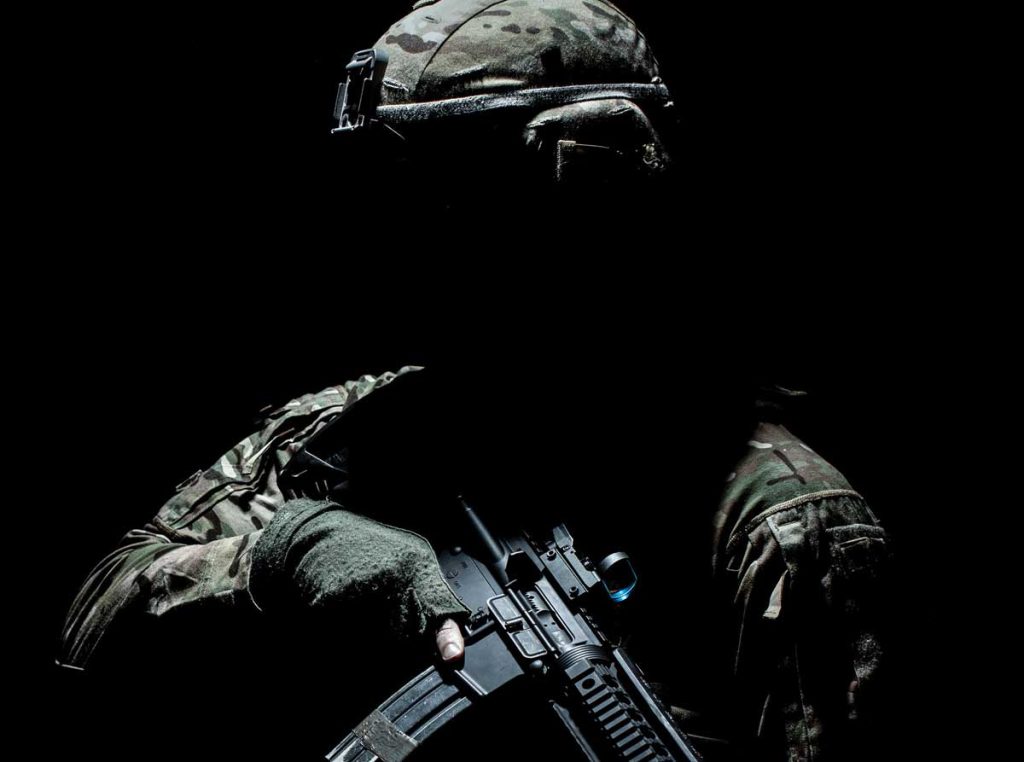Private Military Companies: The Evolving Landscape of Modern Warfare
Private Military Companies (PMCs) have transitioned from obscure contractors to pivotal players in contemporary conflict zones. Their roles have expanded beyond mere logistical support into the realms of combat missions, intelligence gathering, and even humanitarian assistance. As governments and organizations increasingly enlist PMCs for various military functions, the implications are unequivocally significant. These changes introduce multifaceted legal, ethical, and strategic questions, prompting countries worldwide to rethink their defense policies.
The Growth and Strategic Use of PMCs
PMCs provide an appealing alternative for states seeking military engagement without the political and bureaucratic burdens often tied to conventional troop deployment. This flexibility is particularly beneficial for contentious operations, allowing countries to minimize public backlash. Nations like the United States and Russia have harnessed PMCs for a range of services, including military training, securing vital infrastructure, and intelligence operations. For instance, the U.S. has historically relied on contractors such as Blackwater and DynCorp, while Russia has leveraged the Wagner Group’s capabilities in areas like Syria and Africa.
Moreover, these companies enable smaller nations and private corporations to tap into specialized military expertise, avoiding the costs and complications of building a conventional army. Their rapid response capabilities make them attractive for peacekeeping, humanitarian efforts, and infrastructure protection in unstable regions.
Influence on Defense Policy
The increasing dependence on PMCs has orchestrated a significant shift in defense policies globally. One remarkable transformation is the tendency to privatize security functions, delegating crucial military tasks to private entities. This strategic shift brings notable advantages such as enhanced operational flexibility and the potential to sidestep cumbersome bureaucratic procedures. Yet, it also erodes accountability and may lead to conflicts where profit motives clash with military objectives.
For many countries, PMCs serve as instruments of covert foreign policy. The Wagner Group’s operations, for example, allow Russia to assert its influence in areas where direct military intervention could create diplomatic repercussions. This strategy effectively lets states advance aggressive policies while mitigating the fallout typically associated with traditional warfare.
Legal Ambiguities and Accountability Challenges
A significant concern arising from the proliferation of PMCs is the ambiguity surrounding their legal status. Many of these companies operate in a grey area where established international laws are difficult to apply. Traditional frameworks, including the Geneva Conventions, were designed with state-controlled militaries in mind, leaving myriad questions about the accountability and rights of private contractors.
This lack of clarity can result in egregious incidents, as seen with the infamous Blackwater shooting in Iraq, where private contractors killed civilians and faced minimal repercussions. The inconsistent legal frameworks make it challenging to monitor or regulate PMC activities effectively. Furthermore, the dual-role of PMCs as military providers and business enterprises raises serious concerns regarding human rights abuses and the exploitation of vulnerable regions.
Diplomatic Fallout and Global Perception
The actions of PMCs frequently shape diplomatic relations between nations. Contractor misconduct in conflict zones can significantly tarnish the reputation and credibility of the states employing them. For instance, the negative public response to Blackwater’s actions in Iraq had long-lasting implications for American foreign policy, casting a shadow over U.S. military operations.
Additionally, PMCs can strain alliances, especially in host nations that are wary of foreign military influence. There has been rising concern in several African nations regarding the Wagner Group’s activities, resulting in souring relations with Russia. The perception of PMCs as instruments of foreign intervention can lead to heightened tensions, complicating diplomatic engagement.
The Ethics of Privatizing War
The rise of PMCs inevitably prompts ethical questions about the commercialization of warfare. Critics argue that when profit supersedes national interest, it may lead to prolonged conflicts and a shift in the balance of power. The outsourcing of military functions complicates traditional ideas of sovereignty, as nations relinquish vital aspects of their security to private entities.
Public perception of PMCs is multifaceted. On one hand, they are recognized for delivering essential services in crisis regions; on the other, allegations of abuse and unethical conduct have severely damaged their credibility. The challenge for policymakers lies in addressing the security needs of nations while upholding ethical standards in military operations.
The Future of PMCs in Warfare
As global conflicts evolve and the demand for specialized military services grows, the role of PMCs is poised to expand. With advancements in technology—particularly in areas like artificial intelligence, unmanned aerial systems, and cybersecurity—PMCs are increasing their operational capabilities. Many companies are already adapting to offer cutting-edge services, from drone operations to cyber defense, making their integration into future military strategies all but guaranteed.
Nevertheless, the rise of PMCs underscores a pressing need for comprehensive regulatory frameworks. It is essential for governments and international bodies to establish enforceable standards that promote transparency, accountability, and adherence to human rights. Developing effective oversight mechanisms will be critical to ensure that the activities of PMCs align with the broader objectives of the states that employ them.
The dynamics of PMCs reveal a rapidly shifting landscape in warfare, one that necessitates careful consideration of the legal, ethical, and political ramifications. As these organizations continue to find their footing in military operations, their impact on global security will resonate far beyond the battlefield, reshaping how nations approach defense and international relations for years to come.

